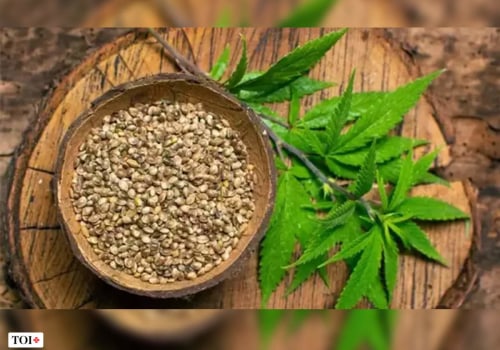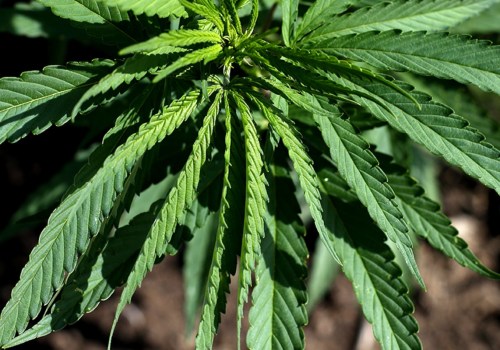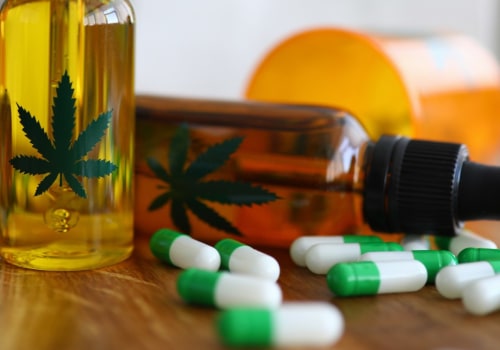HHC and THC are two cannabinoids found naturally in cannabis plants. While THC is the cannabinoid responsible for the psychoactive effects of the plant, HHC is more potent but not as well known. Both cannabinoids have therapeutic benefits, but THC has been further studied. As for legality, THC is illegal in the United States, while HHC is currently not classified.
HHC is a minor cannabinoid; it is found naturally in cannabis, but in quantities that are too small for cost-effective extraction. Since commercial production of HHC has just taken off, it is not yet widely known. HHC is approximately 70-80% of the strength of delta-9 (THC), and delta-8 is approximately half as potent, meaning that HHC is stronger than delta-8 in general. HHC stands for hexahydrocannabinol and is a more stable hydrogenated form of THC (tetrahydrocannabinol).
Chemically speaking, HHC includes a hydrogen molecule that THC does not contain. The main difference between cannabidiol and hexahydrocannabinol is that CBD cannot cause the consumer the psychoactive effects caused by HHC and delta-9.Understanding HHC is complicated in part because it has only recently arrived on the market and only a few retailers sell it, mainly in the form of vaping carts. This apparently makes HHC a legal hemp product and offers protection to manufacturers and sellers of HHC (and delta 8 and delta 10 THC, THC-O and THCP), although some lawyers point out that other federal courts could reach different conclusions. Experts believe that HHC is 80% more potent than delta-9-THC, so people with a low tolerance to THC should use it with caution.
User reports generally describe the HHC high as somewhere between Delta 8 and Delta 9 for THC. HHC and delta-8 specifically target cannabinoid 1 (CB) receptors located throughout the brain and central nervous system. Unlike the delta-8, delta-9 and delta-10 forms of THC, there is some evidence that HHC is not metabolized to 11-hydroxy-THC, which is the metabolite that causes a positive result in many panel drug tests. TrēHouse high-potency HHC gummies contain 25 mg of HHC per serving, making a total of 500 mg per pack of 20.
Kyle Ray, from Colorado Chromatography, noted that the company only manufactures its HHC in an “explosion-proof space.” James Stephens, vice president of innovation at Creo, a biotechnology company specializing in cannabinoids, has seen similar arguments about the fact that HHC is not metabolized to 11-hydroxyTHC. HHC was first discovered by Roger Adams while chemically synthesizing natural THC in 1947. It has since become an important part of cannabis research as scientists continue to explore its potential therapeutic benefits. While more research needs to be done on this cannabinoid, it's clear that it has some unique properties that make it worth exploring further.







